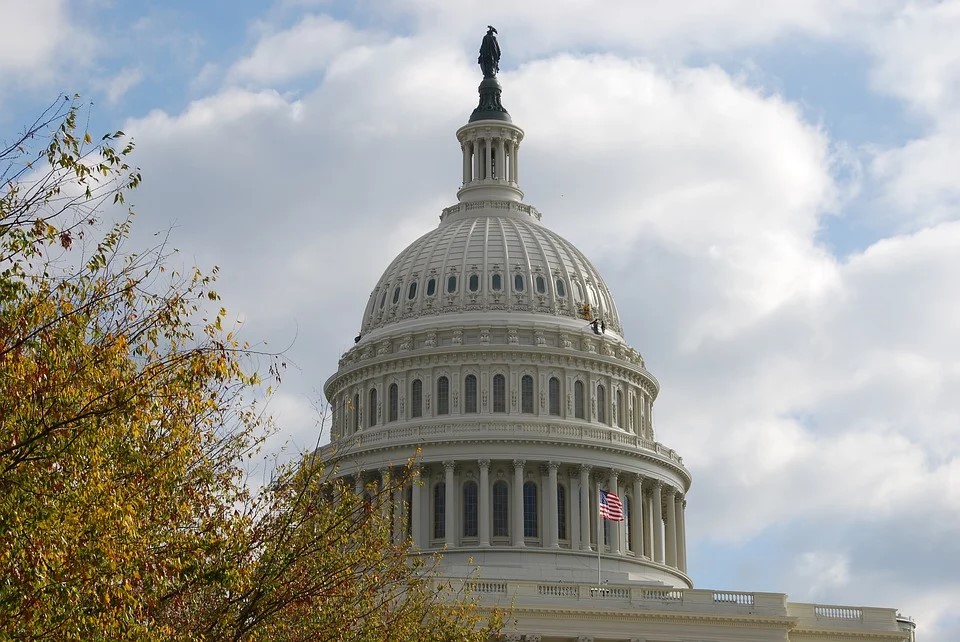Tax
Wealth Tax Resurfaces As Potential Hit To Ultra-HNW Segment

Evidence for the effectiveness of wealth taxes is mixed: several European nations that introduced them no longer do so, such as Sweden. Critics say they raise relatively little revenue, destroy capital and therefore reduce long-term growth for jobs and income. Defenders, however, continue to claim they're necessary to curb inequality.
The debate on a potential wealth tax won’t go away.
Media reports yesterday said that Massachusetts Senator Elizabeth Warren, who has long called for such a tax, has brought out legislation that would slap a 2 per cent annual tax on households and trusts between $50 million and $1.0 billion.
Warren, who failed in her bid last year to win the Democrat nomination to run as President, would also put a 1 per cent annual surtax on households and trusts worth more than $1.0 billion.
The proposal is called the Ultra-Millionaire Tax Act and was released with Congresswoman Pramila Jayapal of Washington and Congressman Brendan Boyle of Pennsylvania, reports (CBS News, others) said.
The chances of such a proposal becoming law increased in early January after the Republicans lost two crucial senatorial seats in the election run-offs, tilting the Senate to the Democrats. At a time when there has been widespread coverage of the immense fortunes enjoyed by Big Tech entrepreneurs, for example - contrasting with the plight of people amidst lockdowns - the political traction for the idea has grown.
The wealth tax idea remains deeply controversial. A number of European countries imposed wealth taxes in the past, but several, such as Sweden and France, have scrapped them. Critics say they produce relatively low revenue, are costly to collect, and are assaults on private property rights. It has even been claimed that such taxes violate the US Constitution.
"This is a wealth tax that has been needed for a long time. We need it to produce more revenue, to create more opportunity in America," Warren is reported to have said. "But it is a wealth tax that we particularly need because of the changes in this country under the pandemic. We have watched the wealth of the billionaire class in America increase by more than a trillion dollars over the last year."
Warren has championed the idea for some time, and has zeroed in on a sensitive point in many developed countries of high wealth inequality, magnified not just by virus-linked lockdowns and disruption to business, but also by massive central bank money printing that tends to benefit those who are already holders of large assets, such as real estate and equities. The situation plays to the problem of “wealth justification” that this publication has talked about in the past.
Reports said that about 100,000 US families would be hit by the Ultra-Millionaire Tax, and generate about $3 trillion in revenue over 10 years – admittedly a small sum given that the US has $27.8 trillion in public debt (source: Statista.com).
Warren’s economic assumptions have been challenged for some time. Michael Strain of the American Enterprise Institute in a Bloomberg column (September 5, 2019) wrote: “A household worth $50 million would lose 2 per cent of its wealth every year to the tax, or 20 per cent over the first decade. For an asset yielding a steady 1.5 per cent return, a 2 per cent wealth tax is equivalent to an income tax of 133 per cent. …And remember that the wealth tax would operate along with the existing income tax system. The combined (equivalent income) tax rate would often be well over 100 per cent. Underlying assets would routinely shrink. …The tax would likely reduce national savings, resulting in less business investment in the US. ...Less investment spending would reduce productivity and wages to some extent over the longer term.”
Critics say that taxes on capital will reduce growth and hit jobs. In a paper by John Diamond and George Zodrow of Rice University, the authors predicted that a wealth tax on Senator Warren’s outline could weaken gross domestic product by around 2.7 per cent (relative to a steady state with no wealth tax) due to a decline in the capital stock of roughly 3.7 per cent (source: Center For Freedom and Prosperity, a US free market think tank, August 12, 2020).
The writer Tim Worstall, in a column for Family Wealth Report’s sister news service, WealthBriefing (July 28, 2020), argued: “Another standard argument [for wealth taxes] is that inequality has increased, so it’s time to tax wealth. The problem here is that no account is ever taken - this is common right across wealth distribution studies - of what is already done to reduce the inequality. State pensions, rent subsidies, free education and healthcare, these are all wealth in any rational description, yet no adjustment is made for them.”
Three European countries still levy a net wealth tax: Norway, Spain, and Switzerland. The latter example might come as a surprise because in the past Switzerland has been used as an offshore financial location by wealthy US citizens, until Switzerland's bank secrecy laws were changed almost a decade ago.